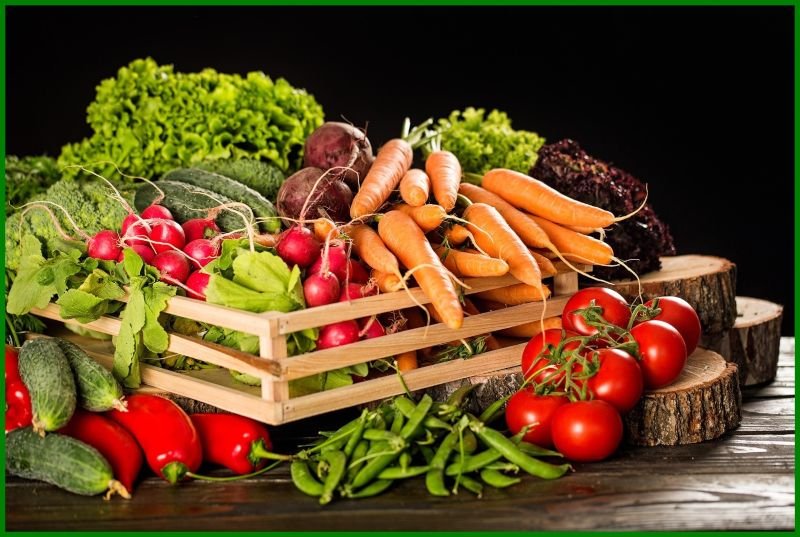Table of Contents
As a vegetarian you have a head start on losing weight, but it’s still important to make smart choices. Studies show that vegetarians tend to weigh 6 to 10 pounds less than the average carnivore. On the other hand, some meatless junk foods are just as fattening as a fast food burger. Let’s read A 5 Minute Guide to Weight Loss for Vegetarians.
Learn how to watch your waistline while you pursue a vegetarian or vegan lifestyle. Study these tips for counting calories and ensuring you consume the nutrients you need.
Counting Calories
1. Measure portions. Some popular vegetarian foods are nutritious but high in calories. Watch serving sizes when you’re indulging in nuts, seeds, avocados, granola, dried fruit, and whole fat dairy products.
2. Choose healthy fats. Consumed in moderation, plant-based fats like nuts and olive oils are an important part of your diet. If you eat dairy products, you can save calories by switching to nonfat or low fat versions.
3. Focus on whole foods. Fruit juice and energy bars are convenient, but whole fruits and meals made from natural ingredients will usually give you more fiber and energy for less calories. Snack on an orange, or dine on a salad of chick peas and spinach.
4. Eat more vegetables and fruit. In addition to helping you stay thin, all those berries and kale are likely to reduce your risk of heart disease, and lower your blood pressure and cholesterol. Aim for at least 8 servings of vegetables and fruits each day. Read more about the best Night Time Fat Burners that can help you burn fat while sleeping.
Consuming Essential Nutrients
1. Vary your protein sources. Contrary to some myths, it’s easy for vegetarians to get adequate proteins. Enjoy a wide assortment of beans, lentils, and eggs, along with dairy and soy products. Just like carnivores, aim to get about 10 to 35% of your calories from protein.
2. Understand calcium. Calcium helps build strong bones and teeth. If you avoid dairy products, eat calcium-fortified foods like breakfast cereals and bread.
3. Take your vitamins. Fortified foods or supplements will also be necessary to provide vitamin B12, which is only found in animal products. You can also get vitamin D the same way if you don’t drink milk. This vegan fat burner contains the best vitamins for you.
4. Boost your iron. Iron from plant foods is more difficult for your body to absorb. Eat plenty of leafy green vegetables, dried beans, and eggs. Vitamin C also helps the absorption process.
5. Celebrate fiber. A vegetarian diet is likely to triple your fiber intake. That means you’re strengthening your heart and lowering your risk for many serious medical conditions.
Read More: Ultimate CRN-5 Reviews
Other Considerations
1. Protect your health. A vegetarian diet works well with other wholesome lifestyle habits. Manage stress, stay active, and sleep well.
2. Define your pattern. Of course, there are different kinds of vegetarians. Decide what suits you, whether it’s being a traditional vegetarian or vegan, or taking a more gradual approach.
3. Think in categories. Can you really lose weight without counting calories or tracking your intake? Some vegetarians stay slim by eating as much as they want, as long as they stick to the four food groups of vegetables, fruits, legumes, and whole grains.
4. Exercise regularly. Famous athletes like Venus Williams and Joe Namath prove that vegetarians can have big muscles and lots of stamina. Even if you don’t play professional sports, you can stay in shape by working out at home or joining a gym.
Whatever your reason for following a vegetarian or vegan lifestyle, weight loss can be a delightful bonus. A balanced plant-based diet helps you to make the most of your physical and mental health while you live your values.
Read More: Top 5 Best Creatine Supplements for Muscle Gain & Strength

